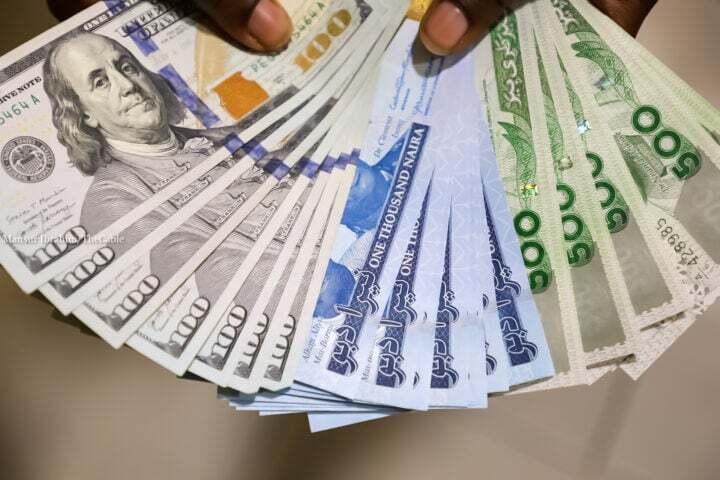
Aboki Naira To Dollar Black Market Rate Today 28th February 2025
The Nigerian Naira faced increased pressure against the US Dollar in the parallel market today as the black market exchange rate, commonly referred to as the “Aboki rate,” hit a notable high.
According to currency dealers in Lagos and Abuja, the buying rate for one US Dollar stood at ₦1,490, while the selling rate reached ₦1,500 as of this morning. This marks a significant fluctuation in the unregulated forex market, reflecting ongoing economic challenges and demand for foreign currency in Nigeria.
Trending Now!!:
The Aboki rate, sourced from Bureau De Change (BDC) operators and street traders, remains a critical indicator for many Nigerians who rely on the black market for foreign exchange due to limited access to official channels.
One trader noted, “The demand for dollars is high, and supply is tight—people are holding onto their dollars, pushing the price up.”
This development comes amid a widening gap between the black market rate and the official exchange rate set by the Central Bank of Nigeria (CBN), which does not recognize the parallel market and encourages transactions through licensed banks. However, the convenience and accessibility of the Aboki market continue to drive its popularity despite the risks of volatility and potential scams.
Economic analysts have pointed to Nigeria’s reliance on imported goods and the fluctuating oil market as underlying pressures on the Naira. With the current rate, exchanging 100 US Dollars in the black market today would yield approximately ₦149,000 at the buying rate or cost ₦150,000 at the selling rate, a stark contrast to earlier months when the Naira showed signs of stabilization.
As of now, the CBN has not issued an official statement regarding today’s black market surge, but Nigerians are watching closely for any interventions that might ease the pressure on the local currency.
For the latest Aboki Naira to Dollar rate updates, traders and citizens alike are advised to stay informed through reputable sources and exercise caution in their transactions.


